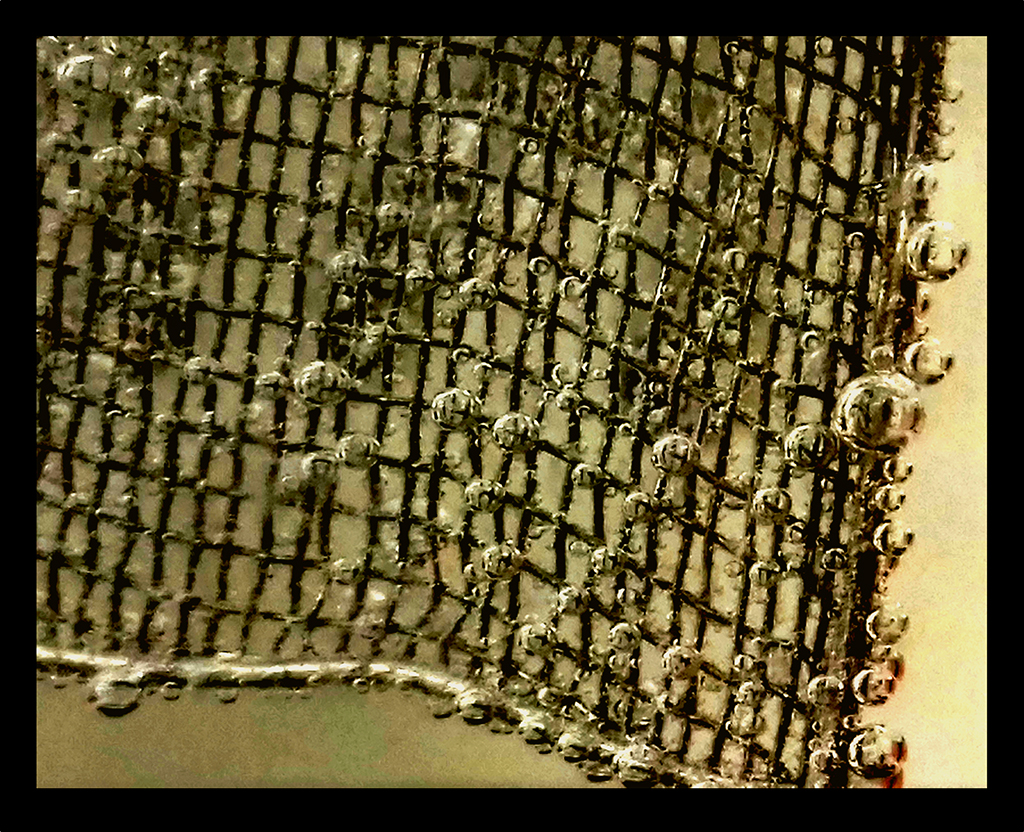Renewable energy sources are becoming competitive in the energy market (solar, wind…), but their high efficiency is bound to their transformation into electricity. However, electrical power is difficult to store and transport, whereas renewable energy sources are by definition intermittent. One promising solution could be to store electrical energy surplus into energy rich chemicals as green, carbon neutral energy vectors. Just substitution of fossil fuels by these green alternatives could sustain productivity (transportation and most industries depend on fuels), while avoiding environmental impact. The challenge resides in the low efficiency, and high costs of transforming electrical power into high-energy chemicals.
Electrolytic water splitting – the reaction in which water is broken down into oxygen and hydrogen as the most simple green vector – still suffers from significant energy losses, low production rates, and prohibitive costs. Many research teams worldwide are working towards improving all these factors, while keeping the scalability and viability at reasonable costs.
In a paper published in Nature Energy, scientists from ICIQ’s Galán-Mascarós and López groups describe how a magnet can directly enhance hydrogen production in alkaline water splitting. The presence of an external magnetic field – induced by a neodymium magnet– can increase hydrogen production over 100% in some conditions, without additional energy consumption. The major hypothesis to explain this phenomenon describes the magnetic field directly boosting the molecular oxygen formation rates. Molecular oxygen (O2) requires the two oxygen radicals making the chemical bond to keep their spins aligned during the reaction pathway. Thus, the overall spin polarization induced by the external magnetic field, improves the efficiency of the process.
The simplicity of this new technological milestone has attracted several industrial partners that are already working with ICIQ in its implementation into industrial-size devices.
Reference
